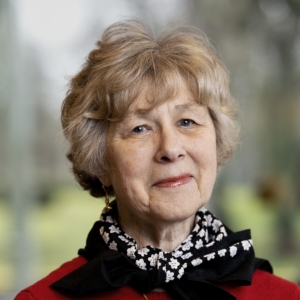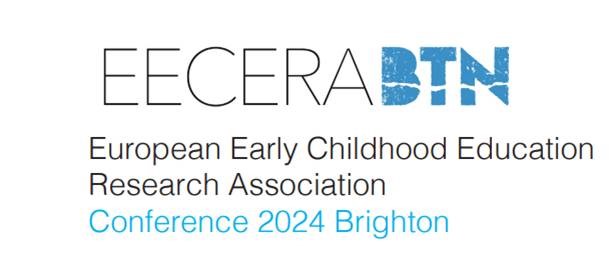From Global ESD Policy to Practice: The Contribution of Play Responsive Pedagogy
This presentation will link global policy to practice in Education for Sustainability (EfS). We are all are responsible for supporting the next generation in their future challenges with sustainability, along with parents, educational providers and the wider society. The United Nations Educational, Scientific and Cultural Organization (UNESCO) is the world organisation leading the work in developing an Education for Sustainable Development as defined by Target 4.7 in the UN Sustainable Development Goals. One important aspect of our work with UNESCO has been in developing the EfS curriculum. At this conference we will share many examples of excellent practice with children. In Sweden, a research and development program, called Sustainable Preschool provides an insight upon what is happening in practice when preschool teachers, headteacher and preschool managers are involved in competence development for EfS. But it is not only the curriculum content that must be considered in EfS, children’s rights and agency are also central to the pedagogical approach. Play is central in young children’s life, and highly valued in most preschools, but there are still questions concerning how play can be used for promoting children’s learning. One way of looking at this has been in research about teacher’s participation in children’s play, and this has led to the development of the theoretical standpoint of Play-responsive Teaching (Pramling et al, 2019). Play-responsive teaching shows us how we can support children’s agency and contribute towards them becoming global citizens who can engage creatively in facing the challenges and problems of sustainability.

Ingrid Pramling Samuelsson is a Professor of Early Childhood Education at the Department of Education, Communication and Learning, University of Gothenburg, Sweden. She has held the Chair of Early Childhood Education and Sustainable Development at UNESCO since 2008, spent six years as the Chair of the World Organisation for Early Childhood Education (OMEP) and has participated in many global research collaborations on pre-primary education.
Her research career started with the INOM group, directed by Ference Marton where she devoted her efforts to applying the phenomenographic research approach to research on children. Her dissertation, “The Child’s Conception of Learning”, described how children become aware of their own learning. This sparked an interest in metacognitive issues. Her research interest then came to focus more on didactic issues, that is, how preschools can contribute to children’s learning. She has also devoted her research time to children’s learning in literature, ethics, mathematics, and ICT, as well as the youngest children in preschool.
She’s currently involved in three projects:
- “Can play and learning be integrated in a goal-driven practice?”
- “Children’s Early Learning”, looking at children’s learning in relation to qualitative issues, and
- “How can metacognitive dialogues contribute to children’s learning about things unknown to them” – with a focus on music, movement, and drama.
Source: University of Gothenburg website
For latest publications, please see here (University of Gothenburg).

